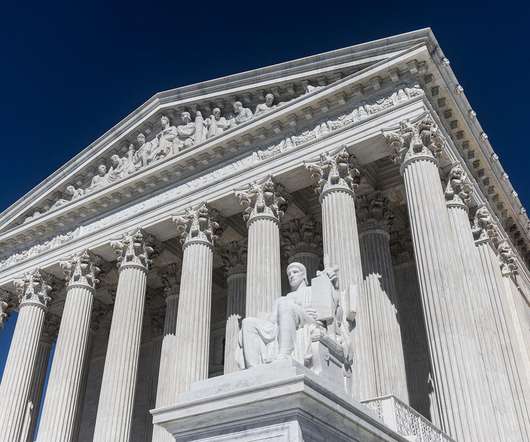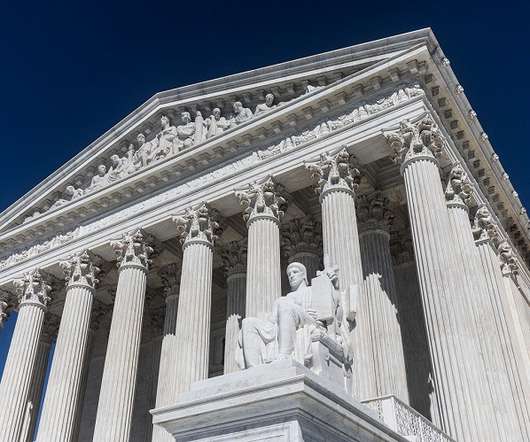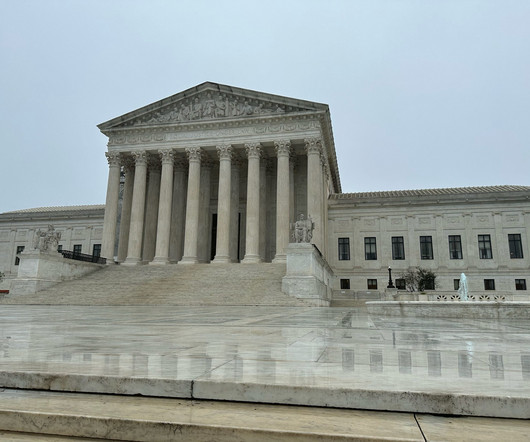US Supreme Court grants certiorari for two cases regarding federal district courts’ jurisdiction
JURIST
MAY 16, 2022
Under § 2255, federal inmates can collaterally challenge their convictions on any ground cognizable on collateral review, with successive attacks limited to certain claims indicating “factual innocence” or relying on “constitutional law decisions made retroactive” by the Supreme Court. Cochran is.














Let's personalize your content